
Common side effects of Johnson & Johnson’s vaccine
The most common side effects of Johnson & Johnson’s vaccine are fever, muscle aches, headaches, nausea, tiredness, irritation, pain, swelling, and redness at the injection site. There’s no reason for concern if you experience any of these. Still, if your Johnson & Johnson vaccine-related symptoms are pretty uncomfortable or painful, talk to your doctor.
Johnson & Johnson’s vaccine regarding allergies and anaphylaxis
Just like Moderna and Pfizer, the Johnson & Johnson vaccine can cause allergic reactions, too. There are two types of allergic reactions: non-severe and severe reactions (anaphylaxis).
Non-severe allergic reactions refer to experiencing swelling, reach, hives, and respiratory issues. On the other hand, severe reactions imply difficulty breathing, dizziness, rapid heartbeat, rash, and swelling of the throat and face. This is what we know as anaphylaxis response.







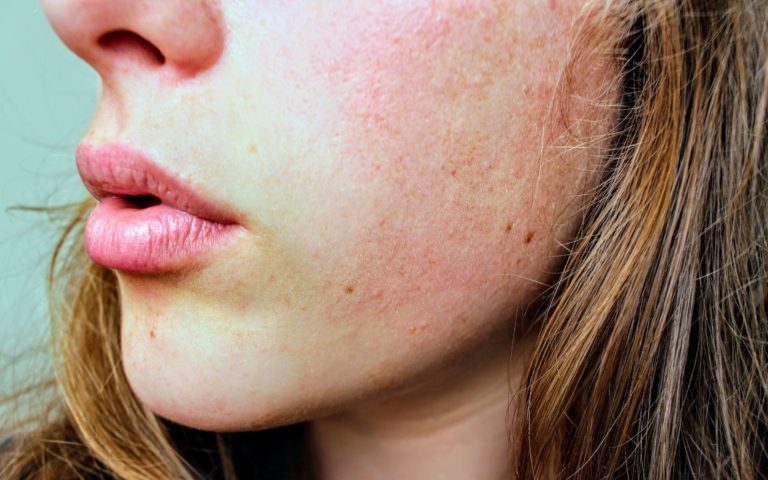
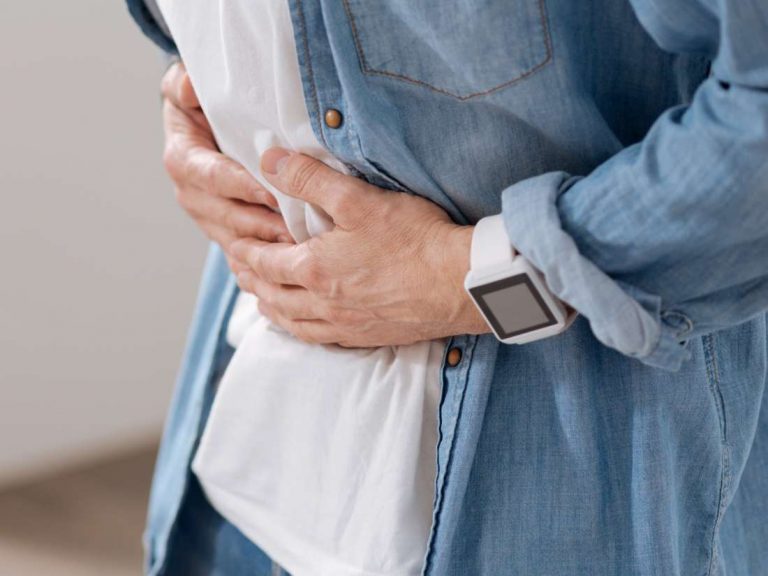

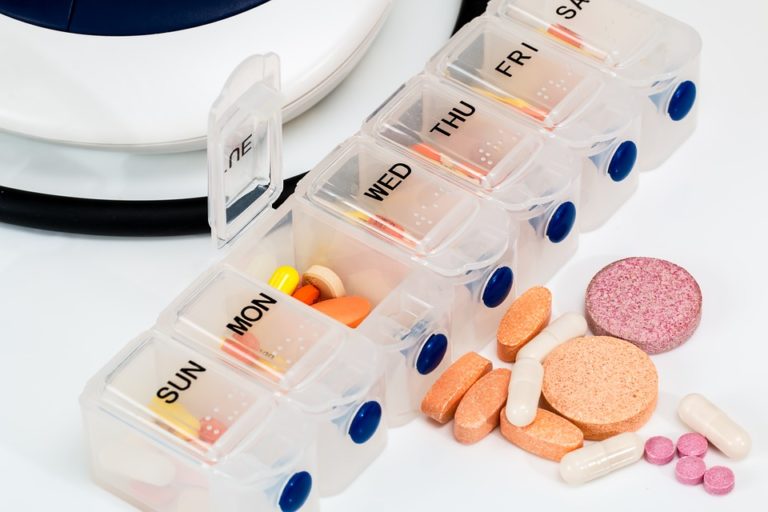

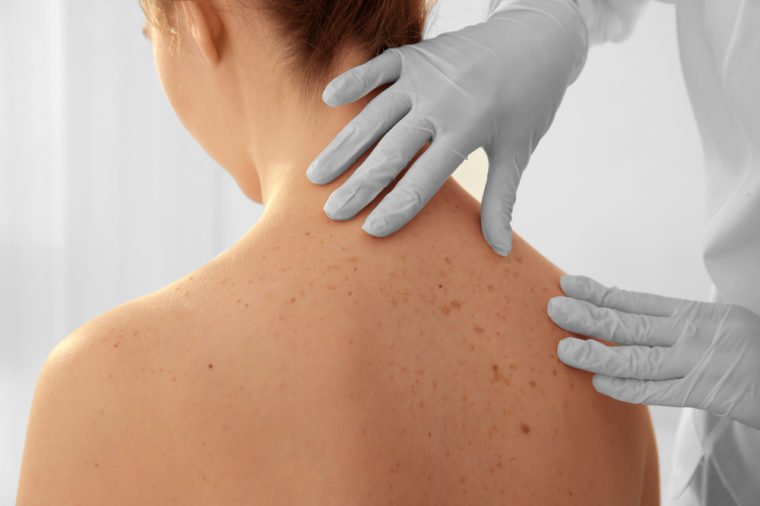
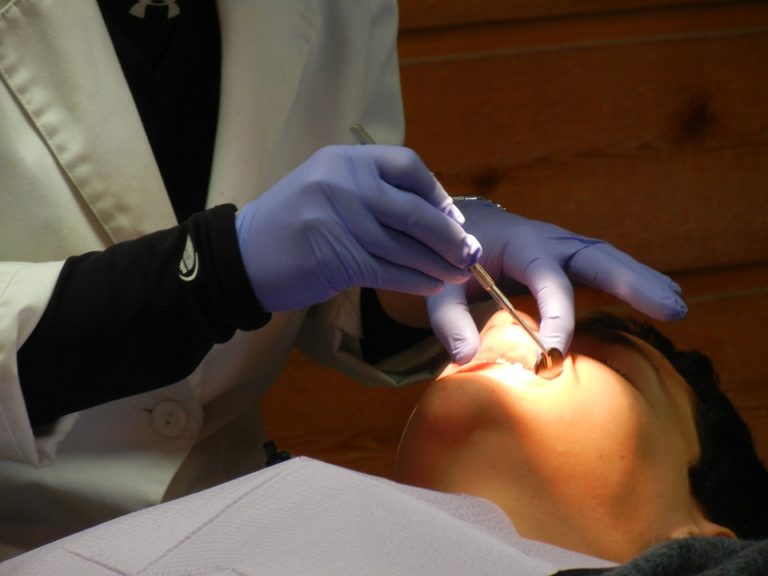
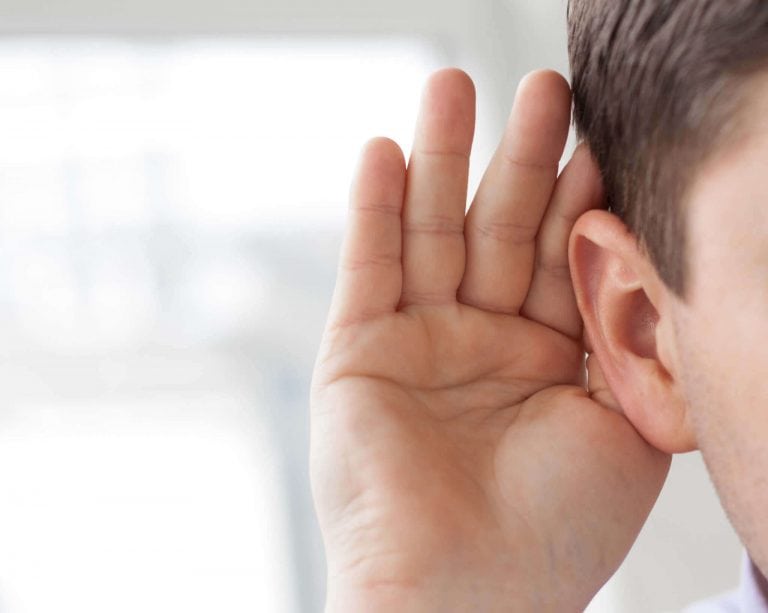


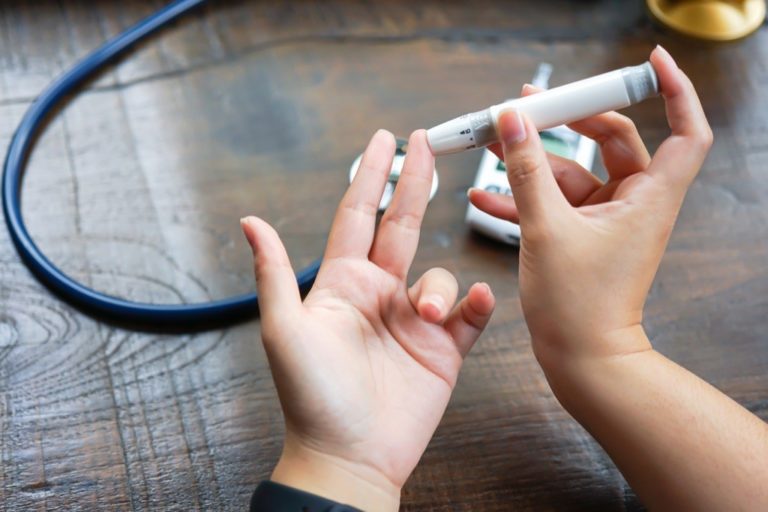








3 thoughts on “Did You Experience Any of These Side Effects After the COVID-19 Vaccine?”
I had the Pfyzer vaccine back in January and only had one dose because I had a very bad reaction. I was fine but about 5 hours after I just could not get any air in my lungs. I couldn’t breathe in at all. This definitely was not at all like an asthma attack. I have asthma and a lot of allergies (mostly medical) so can’t use an inhaler for my problem. I found in a foreign medical journal that regular table salt contains an anti-histimine and after trying I use it for my asthma attacks. It really does open up my airway so I can breathe. I used this method for my problem with the vaccine. I had to use a lot of salt but it did open up my airway. Also I used a nebulizer with saline solution which helped even more. That got me breathing normal again but I still had a swollen and sore arm, stomach problems, slightly elevated temperature with headache for a total of 3 days. After that I was fine but I would not have made it to the hospital at all if I called 911!! The salt saved my life but it was very scary!! Therefore, I did not get the 2nd shot. It was not recommended. I did report this to the cdc as they contacted me and wanted the info.
I and my wife had the maderna, both shots, I was concerned because of all the chemo I had for cancer(non-hodgins lymphoma) but my arm got red and a little stiff, no worse than a flu shot, my wife was bothered more for a couple of days. We are both 80 +.
I had both of the Pfizer vaccinations, & other than a slightly sore arm at the injection site, my biggest side effect was that I lost my interest in eating for “several” days. I mean nothing seemed interesting to eat. And for me, at just 80 lbs. that really isn’t good.